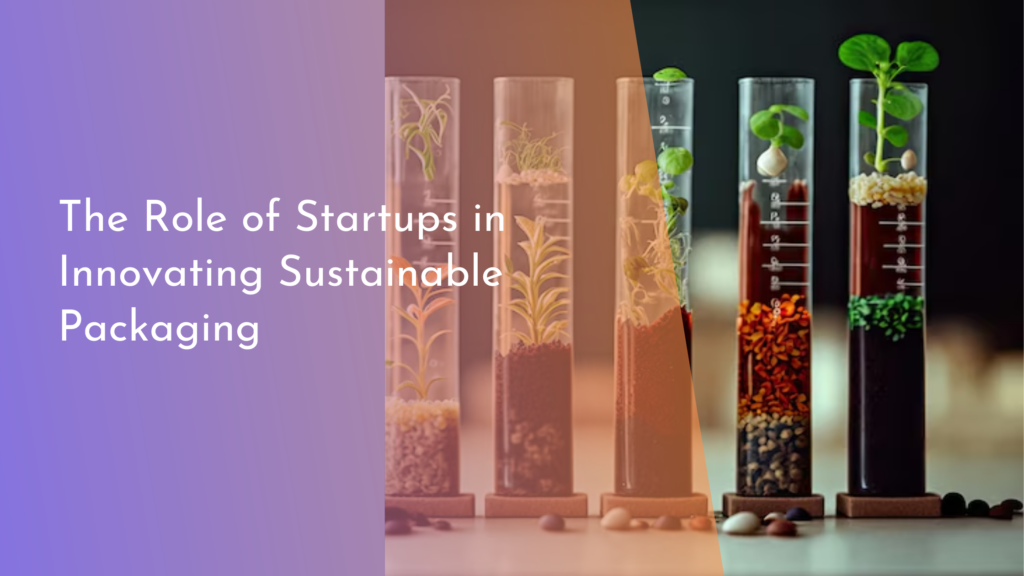Cost-Effective Rainwater Systems for Urban Informal Settlements
In urban informal settlements, access to clean and reliable water can often be a daunting challenge. However, harnessing rainwater presents a promising and cost-effective solution that can transform the water accessibility scenario for many communities. By capturing and utilizing rainwater, these settlements can improve their overall water security while promoting sustainability and community resilience. This article explores the benefits of rainwater systems tailored for urban informal settlements, highlighting their affordability, ease of installation, and the empowerment they offer to residents.
Harnessing Rainwater: A Sustainable Solution for All
Rainwater harvesting is an innovative approach that involves collecting and storing rainwater for various uses, such as drinking, cooking, and irrigation. This method is particularly beneficial in urban informal settlements, where traditional water sources may be unreliable or nonexistent. By capturing rainwater, communities can significantly reduce their dependency on external water supplies and mitigate the risks associated with water scarcity. Furthermore, rainwater is often cleaner than groundwater, making it an excellent resource for drinking water after appropriate treatment.
The environmental benefits of rainwater harvesting are equally impressive. By reducing runoff and minimizing the demand on municipal water systems, rainwater harvesting helps to alleviate the strain on urban infrastructures. This sustainable practice contributes to the replenishment of local aquifers and can even play a role in flood mitigation by controlling the volume of stormwater flowing into drainage systems. Ultimately, harnessing rainwater is not only a practical solution but also a step towards a more sustainable urban future.
Affordable Systems: Making Water Access a Reality
Cost is a significant barrier for many residents in informal settlements when it comes to accessing clean water. Fortunately, rainwater harvesting systems can be affordable and tailored to fit the financial constraints of these communities. Basic systems can be built with locally available materials, such as barrels, tanks, and piping, allowing for low-cost initial investments. Even modest systems can capture significant amounts of rainwater during rainy seasons, providing a valuable resource without the hefty price tag.
Community-driven projects can further enhance the affordability of rainwater systems. By pooling resources and labor, residents can work together to design and implement effective rainwater harvesting solutions. This collective effort not only reduces costs but also fosters a sense of ownership and responsibility among community members. With the right approach, rainwater harvesting can become an accessible reality for everyone, regardless of their financial situation.
Simple Installation Tips for Urban Communities
Installing a rainwater harvesting system doesn’t have to be complicated or require advanced technical knowledge. Simple steps can help urban communities create effective systems. First, residents should identify suitable catchment areas, such as rooftops, where rainwater can be collected. Installing a basic gutter system to channel rainwater into a storage tank can be achieved using inexpensive materials sourced locally. Additionally, ensuring proper filtration and overflow mechanisms can enhance the efficiency and safety of the system.
Community workshops can serve as an excellent platform for sharing installation techniques and tips. By hosting hands-on sessions, experienced members can guide others through the process, promoting skill-sharing and knowledge transfer. Encouraging collaboration in the installation phase not only builds community spirit but also ensures that everyone can participate in crafting solutions that suit their specific needs and environment.
Empowering Residents: Benefits of Rainwater Harvesting
Rainwater harvesting systems empower residents of urban informal settlements by providing them with greater control over their water supply. This independence reduces reliance on costly and often unreliable municipal water services. With access to a sustainable water source, families can improve their hygiene, health, and overall quality of life. Additionally, having access to water for gardening or small-scale agriculture can enhance food security and provide supplementary income opportunities.
The social benefits are equally profound. Rainwater harvesting fosters community engagement and collaboration, as residents work together to implement and maintain their systems. This unity can lead to stronger community bonds and a shared sense of achievement. Moreover, as residents become more involved in managing their water resources, they gain valuable skills and knowledge that can be applied to other areas of community development, ultimately leading to a more resilient and empowered population.
Cost-effective rainwater harvesting systems offer a ray of hope for urban informal settlements striving for greater water accessibility and sustainability. By harnessing this natural resource, communities not only improve their living conditions but also foster cooperation and a sense of ownership among residents. With simple installation techniques and community engagement, rainwater harvesting can become an empowering solution for many, paving the way for a brighter, more sustainable future. As we continue to explore innovative solutions for water access, rainwater harvesting stands out as a cheerful testament to what can be accomplished through collaboration and resilience.

